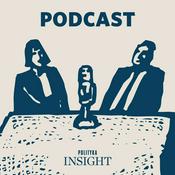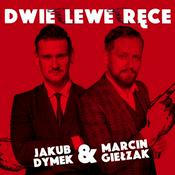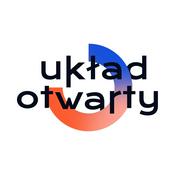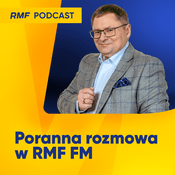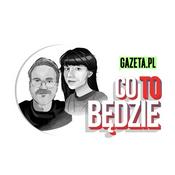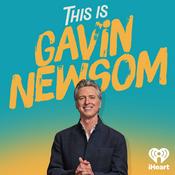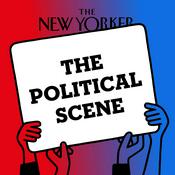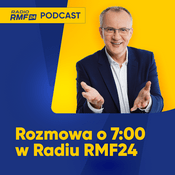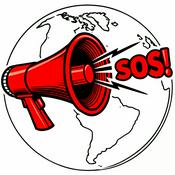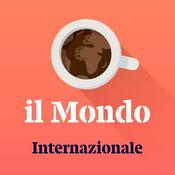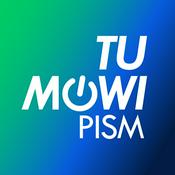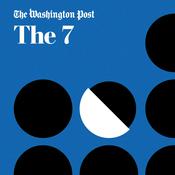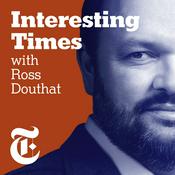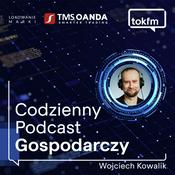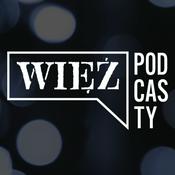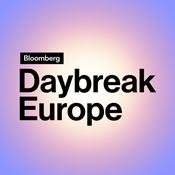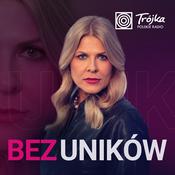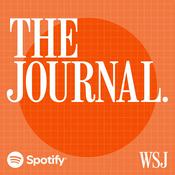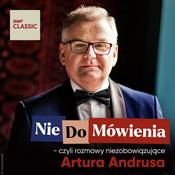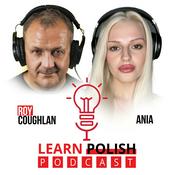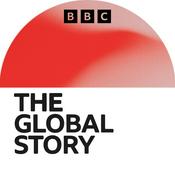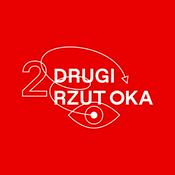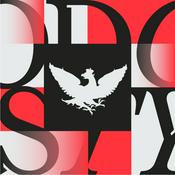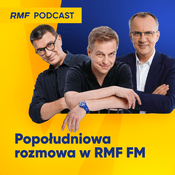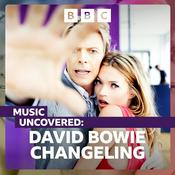653 odcinków
- Do you know there could be chemicals in your clothes, food packaging and even your make-up which can take hundreds or even thousands of years to break down?
They’re called PFAS - or “forever chemicals” - and they are everywhere. They're in our drinking water, at harmful levels in some areas, and they’re inside our bodies, our brains and our blood. They’ve been found on the top of Mount Everest, too.
BBC climate and science reporter Esme Stallard explains what these chemicals are and how they get into our bodies. Stephanie Metzger from the Royal Society of Chemistry in the UK tells us the effect they can have on our health. And podcast host Robin Laird tells us what she does to try to avoid PFAS.
France has just brought in a ban on cosmetics and clothing that contain these chemicals - they can’t be produced, imported or sold there now. We hear about the steps some countries are taking to try to limit their use. Gittemarie Johansen, a Danish environmental and sustainability advocate, gives us her view on what governments and manufacturers should do.
Instagram: @bbcwhatintheworld
Email: [email protected]
WhatsApp: +44 330 12 33 22 6
Presenter: Iqra Farooq
Producers: Chelsea Coates and Julia Ross-Roy
Video Journalist: Baldeep Chahal
Editor: Verity Wilde - One of the biggest internet personalities in the world, IShowSpeed has gone viral countless times for his ‘irl’ streams from countries all over the globe. His latest tour of Africa has taken him to a bunch of countries so far, including Zambia, Ethiopia and even the newly-crowned AFCON winners Senegal. But the tour has also turned heads for how people have been reacting to it on social media, with some saying it’s completely changed how they look at the continent.
So - is IShowSpeed changing perceptions? Or is he just boosting his personal brand?
The BBC’s West Africa reporter Makuochi Okafor joins us to explain what Speed has got up to so far in Africa, why he’s so popular and the impact his tour is having. And we hear from loads of you across the continent who have been telling us what they think.
Instagram: @bbcwhatintheworld
Email: [email protected]
WhatsApp: +44 330 12 33 22 6
Presenter: Iqra Farooq
Producers: Emily Horler and Chelsea Coates
Editor: Verity Wilde - In most countries around the world where there is mandatory military service, it largely applies to just men. Denmark, Sweden and Norway have all brought in conscription laws for women in recent years. Experts say more countries are hoping to strengthen their armies and respond to geopolitical changes or conflict through these new conscription laws. Others say that it reflects a broader discussion and exploration of gender equality across cultures.
BBC reporter Emilia Jansson tells which countries are shifting their focus towards getting women in the army, and explains the reasons why in full.
Instagram: @bbcwhatintheworld
Email: [email protected]
WhatsApp: +44 330 12 33 22 6
Presenter: Iqra Farooq
Producers: Imogen James, Benita Barden and Emilia Jansson
Video producer: Baldeep Chahal
Editor: Verity Wilde and Julia Ross Roy - Where’s the worst place you’ve ever gotten sick? Bet you cant beat space!
For the first time since it launched in 1998, astronauts have been evacuated from the International Space Station because of a health problem. They are now back on Earth, but the rare incident has put the spotlight on just how much preparation goes into space flight - and what happens when things don’t go to plan. So - what can you do if you get sick in space?
BBC science correspondent Georgina Rannard explains how astronauts treat illnesses in space and what it’s like being on the ISS (spoiler: it’s actually VERY hard to keep clean).
Dr Na’im Merchant, an infectious diseases doctor interested in astro-microbiology, explains what kind of illnesses astronauts get in space. And we hear from a former astronaut about staying healthy before and after take-off.
Instagram: @bbcwhatintheworld
Email: [email protected]
WhatsApp: +44 330 12 33 22 6
Presenter: Iqra Farooq
Producers: Emily Horler, William Lee Adams and Chelsea Coates
Editor: Verity Wilde - K-pop megastars BTS have announced their long-awaited comeback, after their military service for the South Korean army took them out of the game for four years.
There’s gonna be a new album, a world tour AND an extravagant 360 degree stage, meaning tickets sales can be maxed out, allowing more fans into stadiums. Experts think it will all net the band over $1 billion.
We hear from the BTS Army about how excited they are.
But four years is a long time in K-pop, so how can BTS hold onto their crowns? BBC reporter Rachel Lee in Seoul joins us to explain why the band is so important to the South Korean music industry and how they can continue to dominate it.
Latin America, Europe and the US are some of the places where dates have been announced but the ‘world tour’ has skipped over the continent of Africa again. More dates are due to be announced, but how are fans feeling there?
Instagram: @bbcwhatintheworld
Email: [email protected]
WhatsApp: +44 330 12 33 22 6
Presenter: Iqra Farooq
Producers: Emily Horler and Emilia Jansson
Editor: Julia Ross-Roy
Więcej Wiadomości podcastów
Trendy w podcaście Wiadomości
O What in the World
Helping you make sense of what’s happening in your world. Big stories, small stories and everything in between. Understand more, feel better. Five days a week, Monday to Friday.
Strona internetowa podcastuSłuchaj What in the World, Polityka Insight Podcast i wielu innych podcastów z całego świata dzięki aplikacji radio.pl
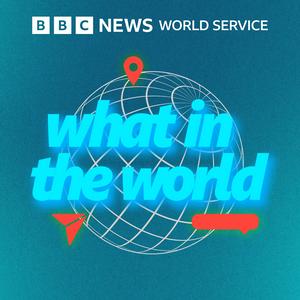
Uzyskaj bezpłatną aplikację radio.pl
- Stacje i podcasty do zakładek
- Strumieniuj przez Wi-Fi lub Bluetooth
- Obsługuje Carplay & Android Auto
- Jeszcze więcej funkcjonalności
Uzyskaj bezpłatną aplikację radio.pl
- Stacje i podcasty do zakładek
- Strumieniuj przez Wi-Fi lub Bluetooth
- Obsługuje Carplay & Android Auto
- Jeszcze więcej funkcjonalności


What in the World
Zeskanuj kod,
pobierz aplikację,
zacznij słuchać.
pobierz aplikację,
zacznij słuchać.

